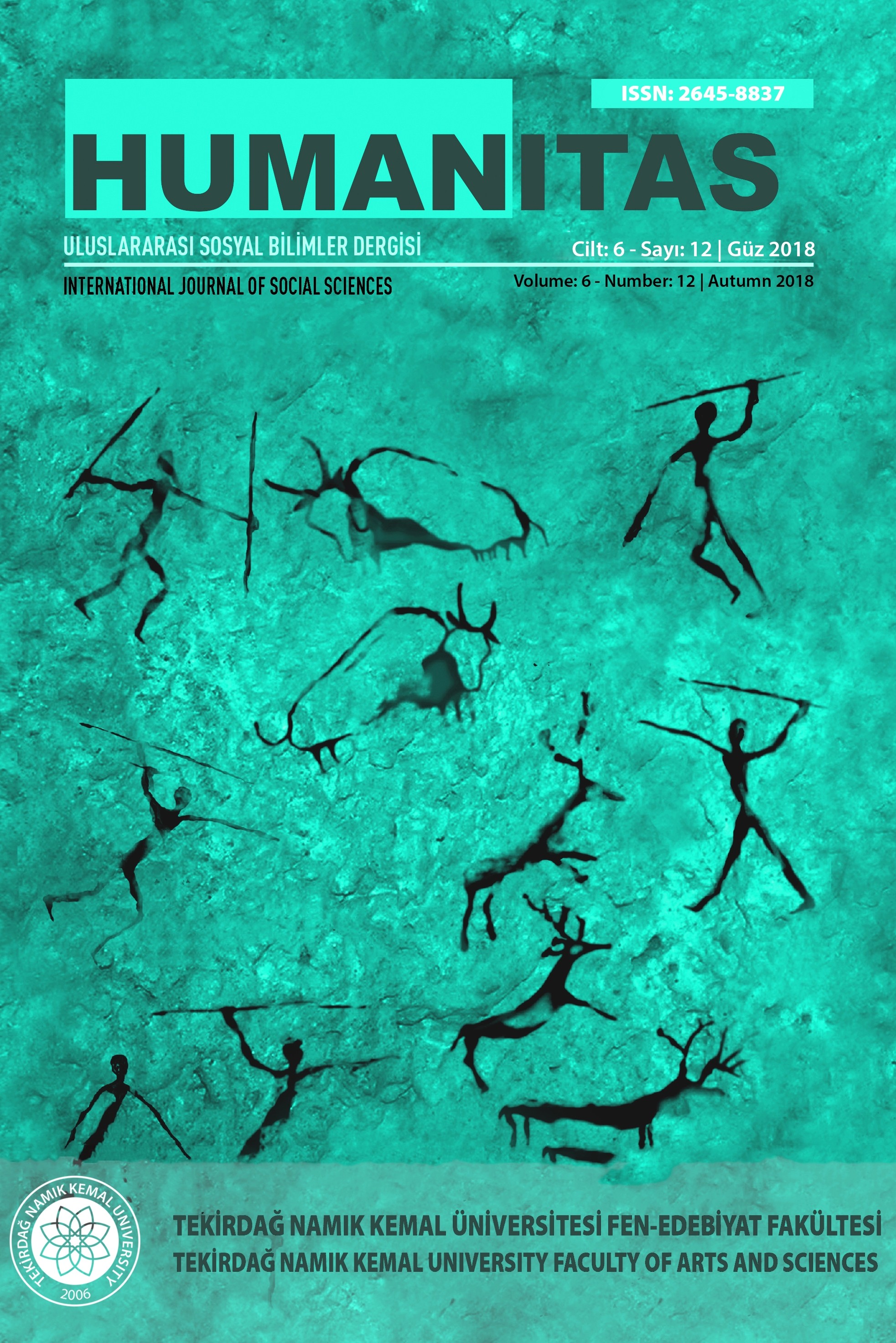Der Wandel eines Autorimages: Wolfgang Koeppens Reisebücher und ihre Rezeption
The Change of an Author’s Image: Wolfgang Koeppen’s Travel Books and Their Reception
Author(s): Onur Kemal BazarkayaSubject(s): German Literature
Published by: Namık Kemal Üniversitesi Fen-Edebiyat Fakültesi
Keywords: Wolfgang Koeppen,; author’s image; role conflict; travel books;
Summary/Abstract: With his self-produced image as a non-conformist author, Wolfgang Koeppen contributed essentially to the fact that his novels Tauben im Gras, Das Treibhaus and Der Tod in Rom were received since their publication in the early 1950s as social-critical texts. However, Koeppen was a highly aesthetically oriented author. The strong reality content of his novels is connected with the conditions of contemporary literature. The author lived through a role conflict, which is the starting point of the following investigation. The central hypothesis is that Koeppen’s travel books Nach Rußland und anderswohin, Amerikafahrt and Reisen nach Frankreich make up a counter-design to his novel trilogy In the course of their reception the view of the reading public was widened to the aesthetic impact of Koeppen’s prose, in general, so that it would be only fair to say that they have caused a change to the author’s image.
Journal: Humanitas - Uluslararası Sosyal Bilimler Dergisi
- Issue Year: 6/2018
- Issue No: 12
- Page Range: 136-153
- Page Count: 18
- Language: German

